Temperature storage / aging tests
Polymer materials are subjected to a wide variety of operating conditions in a wide range of applications. Since the properties of plastics are strongly temperature-dependent and even supposedly low temperatures can lead to noticeable aging, it is important to test how the operating temperature affects the material selected for a specific application over a specific duration. If one wishes to determine values for aging, the challenge is to keep the test duration as short as possible and still obtain meaningful results.
It is possible to measure the direct effect of temperature on a property if specially temperature-controlled test fixtures are used for this purpose. This is possible, for example, for tensile testing or impact testing with appropriate fixtures. However, it is often also necessary to know how an intermediate temperature change affects the properties at room temperature or to accelerate aging by means of temperature storage tests.
In both cases, cyclic temperature programs (temperature cycling test) or storage tests at elevated temperatures can be carried out and subsequently the properties at room temperature can be compared with the values before storage.
For some applications, there are empirical values for temperature programs that can well represent a certain life cycle / aging in a shortened time. In other cases, the Arrhenius equation is often used, where it is assumed that an increase in temperature by 10 °C causes a shortening in time by 50 %.
The Arrhenius equation can be used quite well for polymers in many cases, but material-specific transformation temperatures and other influences must always be taken into account when planning experiments. If more precise statements on the service life of a component are required, further tests are necessary in addition to the temperature storage tests in order to be able to perform a service life estimate.
In the BARLOG Plastics test laboratory, temperature bearing tests from -35 °C to 300 °C can be carried out.
The tests to be carried out are defined in close coordination with the customer and the expected influences in the life cycle of the component, in line with the application in each case. The tests of the material properties before and after storage can take the form of various physical or mechanical tests.

